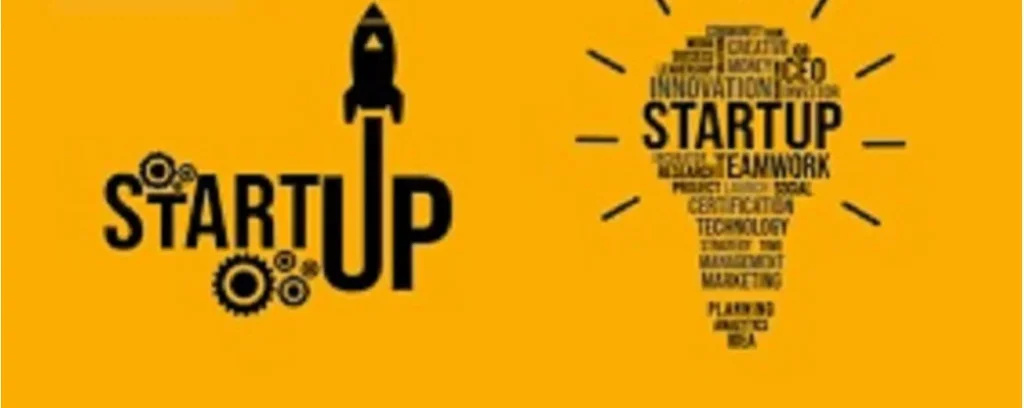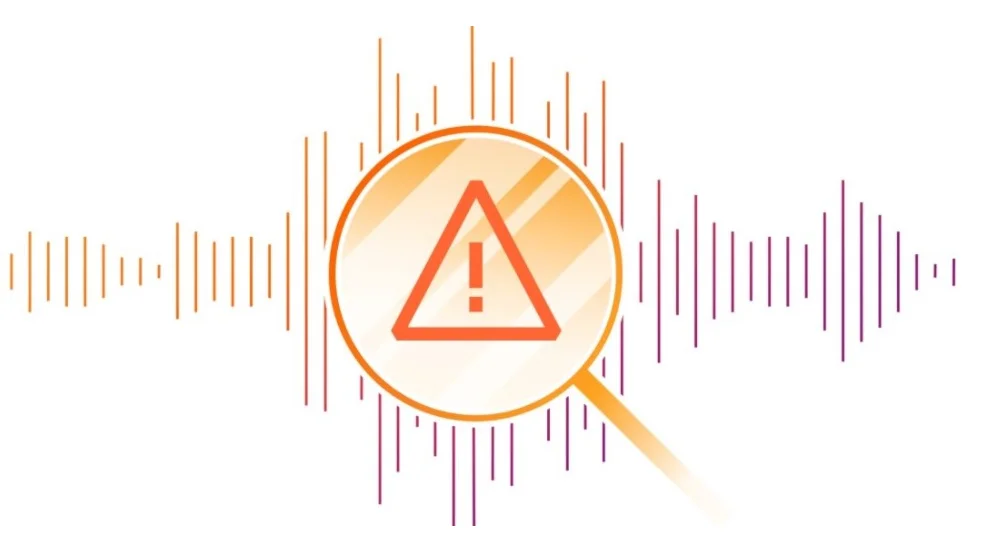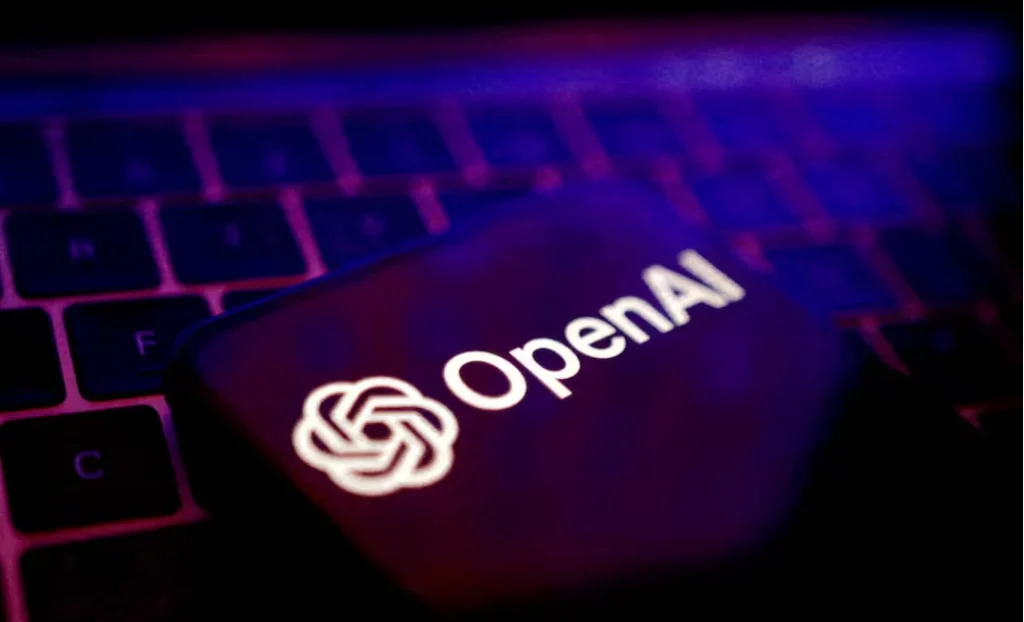UNESCO and KIX Africa 21 Hub Drive AI Integration in Education
As part of efforts to prepare education systems for the digital era, UNESCO, in partnership with the KIX Africa 21 Hub, has launched a new initiative to embed artificial intelligence (AI) and digital literacy into classrooms across francophone Africa.
The program begins with four pilot countries, Benin, Burundi, Côte d’Ivoire, and Senegal, and aims to ensure that the growing influence of AI contributes to equity, inclusion, and human-centered learning across the continent.
According to Ms. Shafika Isaacs, Chief of the Section for Technology and AI in Education at UNESCO,
“This effort responds to the rapid proliferation of AI, ensuring it serves to enhance, rather than exacerbate, educational equity. UNESCO’s mandate is clear: to ensure that the technological revolution serves humanity and the planet, protects human rights, and combats inequalities.”
Two Pillars: Competency Frameworks and Localized Learning Resources
The initiative focuses on two core pillars:
- Developing national AI competency frameworks for teachers and students to guide digital skill development and responsible technology use.
- Translating digital learning resources into national languages, fostering foundational literacy and inclusion in multilingual learning environments.
By combining technical capacity-building with localized digital content, the project aims to empower educators and learners to become active participants in the digital transformation of education systems.
A Strategic Compass for the AI Era
According to Dr. Maïmouna Sissoko Touré, Coordinator of the KIX Africa 21 Hub, these frameworks go beyond policy, they serve as a strategic compass for educational transformation.
“A competency framework clarifies expectations, guides teacher training, harmonizes practices and, most importantly, places humans at the heart of the digital transition by equipping teachers to be actors, not spectators, of these transformations,”
she explained.
The frameworks will guide governments in aligning teacher training programs, curriculum design, and assessment systems with the demands of the AI-driven world.
Côte d’Ivoire Leads the Way
Côte d’Ivoire is among the first countries to begin implementing the initiative.
From September 15 to 17, the country hosted a national workshop that brought together more than 40 participants, including representatives from Benin, to begin designing its national AI competency framework.
This builds upon Côte d’Ivoire’s existing ICT Competency Framework for Teachers, initially developed under the ICT Transforming Education in Africa (KFIT) project with UNESCO’s support.
The new framework expands its scope to include AI integration, targeting teachers, administrators, and learners, with a strong emphasis on critical thinking, civic competencies, and the ethical use of technology.
Building on National Digital Strategies
Côte d’Ivoire’s progress in digital education is supported by two major national strategies:
- The National Digital Education Policy (2024–2030), and
- The National Strategy for the Digitalization of Education (2024–2028).
Together, these frameworks provide a coherent vision for integrating emerging technologies into education systems, ensuring that the digital transformation is inclusive, equitable, and sustainable.
Conclusion
Through this partnership, UNESCO and the KIX Africa 21 Hub are setting the foundation for AI-ready education systems across Africa. By combining technological innovation with human-centered design, the initiative ensures that digital transformation in education becomes a tool for empowerment and equality, not exclusion.












